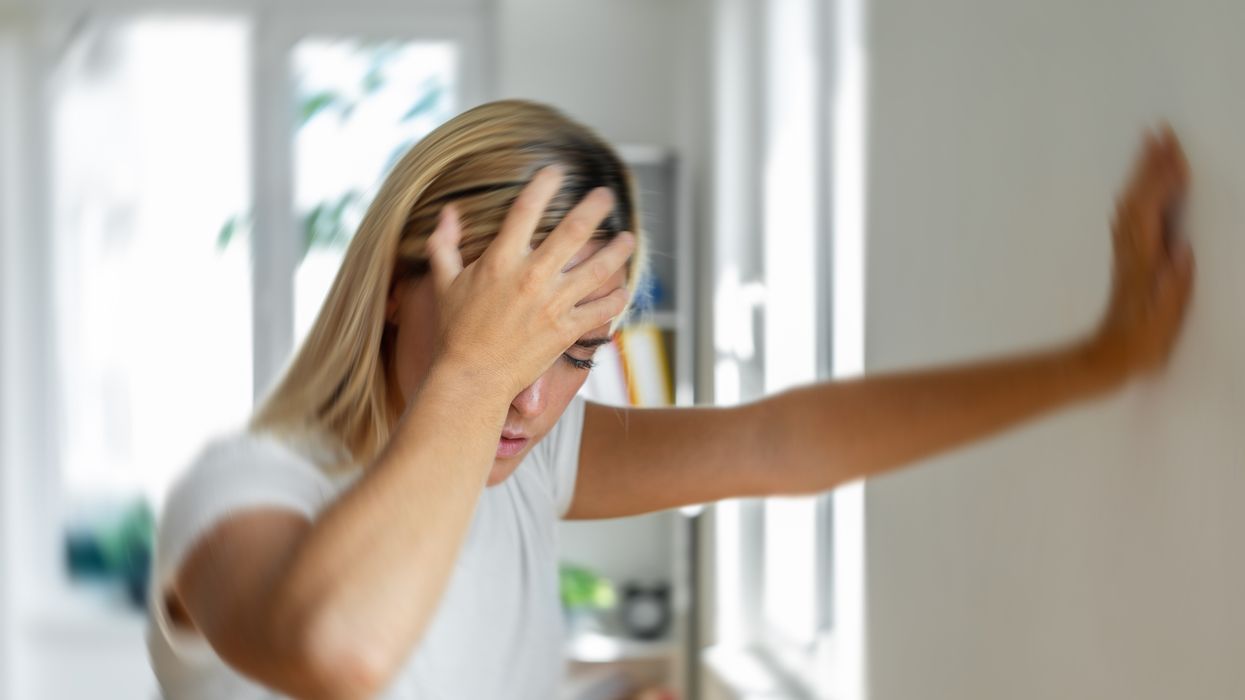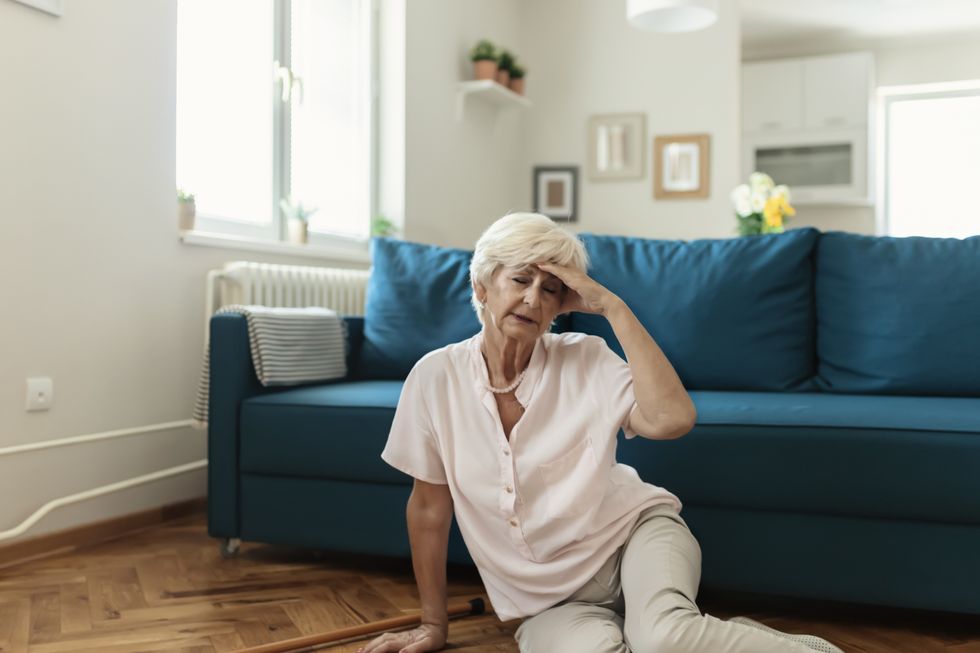What causes fainting? Experts finally discover why people faint

Experts have discovered the reason behind fainting
|GETTY

Researchers have revealed more about what makes us faint
Don't Miss
Most Read
Why people faint has been a mystery for the most part.
It usually happens when people are feeling ill, are in crowded areas or in extreme heat.
Fainting, or syncope, involves suddenly losing consciousness.
It has been thought a drop in blood flow to the brain causes this, but not much else was known.

Fainting happens unexpectedly
|GETTY
Now, researchers at the University of California San Diego have found a group of sensory neurons that allow the heart to rule the head.
When testing this in mice, they found the rodents fainted immediately.
"What we are finding is that the heart also sends signals back to the brain, which can change brain function," senior author Assistant Professor Vineet Augustine explained.
"Our study is the first comprehensive demonstration of a genetically defined cardiac reflex, which faithfully recapitulates characteristics of human syncope at physiological, behavioural and neural network levels.
"Neuroscientists traditionally think the body just follows the brain, but now it is becoming very clear that the body sends signals to the brain and then the brain changes function."
Previously, it was thought the brain always ruled the body, but the heart could be in control through this new nerve pathway.
The study found several neurons in the vagus nerves that, when triggered, rodents went from moving freely to fainting immediately, meaning the brain played an important part.
The mice also showed similar pupil dilation and an eye roll that people will experience when they faint.
LATEST DEVELOPMENTS
"We were blown away when we saw how their eyes rolled back around the same time as brain activity rapidly dropped," the researchers added.
"Then, after a few seconds, brain activity and movement returned. This was our eureka moment."
It suggested that, while a reduction in blood flow to the brain was still apparent in fainting, the brain could play a bigger part in why it happens.
This comes as an expert shared a "no-no" when making toast that could cause a killer cancer risk.










